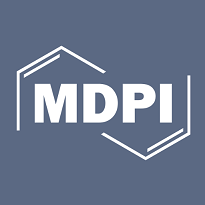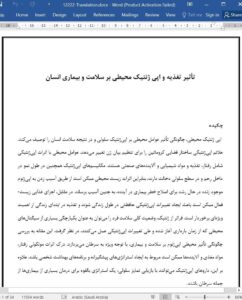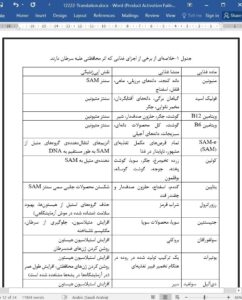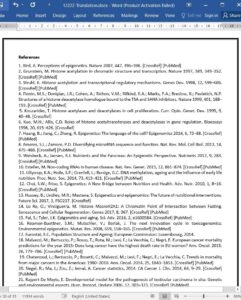Abstract
Environmental epigenetics describes how environmental factors affect cellular epigenetics and, hence, human health. Epigenetic marks alter the spatial conformation of chromatin to regulate gene expression. Environmental factors with epigenetic effects include behaviors, nutrition, and chemicals and industrial pollutants. Epigenetic mechanisms are also implicated during development in utero and at the cellular level, so environmental exposures may harm the fetus by impairing the epigenome of the developing organism to modify disease risk later in life. By contrast, bioactive food components may trigger protective epigenetic modifications throughout life, with early life nutrition being particularly important. Beyond their genetics, the overall health status of an individual may be regarded as an integration of many environmental signals starting at gestation and acting through epigenetic modifications. This review explores how the environment affects the epigenome in health and disease, with a particular focus on cancer. Understanding the molecular effects of behavior, nutrients, and pollutants might be relevant for developing preventative strategies and personalized heath programs. Furthermore, by restoring cellular differentiation, epigenetic drugs could represent a potential strategy for the treatment of many diseases including cancer.
1. Introduction
1.1. A Brief Introduction to Epigenetics
Epigenetics refers to the control of gene expression via mechanisms not directly related to the DNA coding sequence [1]. As a result, all cells in an organism have very different phenotypes despite having the same genome. Epigenetics modulates and regulates gene expression through various epigenomic “marks”, the term given to chemical compounds added to DNA or histone proteins and recognized by enzymes that either lay down or remove the specific mark. These marks change the spatial conformation of chromatin: either compacting it, thereby preventing the binding of transcription factors to the DNA, or opening it, allowing transcription factor binding and usually upregulating cellular processes.
7. Take-Home Messages
• Nutrition—in particular maternal diet and dietary patterns—and chemical pollutants are two important environmental factors that impact human health.
• These factors have a direct impact on the individual by contributing to the pathogenesis of many diseases, not least cancer.
• Furthermore, these factors probably span generations through epigenetic transmission, making them a major global public health problem not only for the individual but also future generations and society.
• Understanding the molecular mechanisms and signaling pathways involved in environmental epigenetics paves the way for both public health and targeted interventions to reduce their societal impact.










